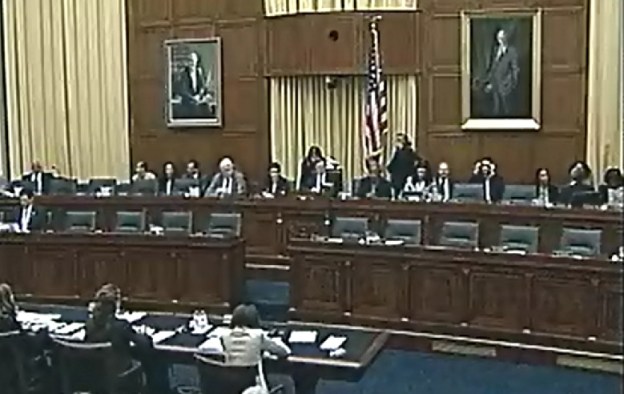 Today a U.S. House Judiciary Committee approved a new piece of legislation that would force Internet service providers to save logs of all their customers’ activities for 12 months, on the off chance that the data might aid future police investigations concerning child pornography. The H.R. 1981 bill passed with a 19-10 vote with more Republicans voting for it than Democrats.
Today a U.S. House Judiciary Committee approved a new piece of legislation that would force Internet service providers to save logs of all their customers’ activities for 12 months, on the off chance that the data might aid future police investigations concerning child pornography. The H.R. 1981 bill passed with a 19-10 vote with more Republicans voting for it than Democrats.
Proponents of the H.R. 1981 bill have titled it the Protecting Children from Internet Pornographers Act of 2011. It’s believed by some that the legislation will help lift law enforcement out of the “dark ages”. Agents will be able to subpoena IP information instead of needing a court-ordered warrant. Investigators will have a further leg up when identifying child porn distributors and users since the bill ensures that the “footprints of predators are not erased,” according to Rep. Debbie Wasserman Schultz.
Rep. John Conyers of Michigan believes the bill is mislabeled. “This is not protecting children from Internet pornography. It’s creating a database for everybody in this country for a lot of other purposes,” he says.
Rep. Lofgren of California, a leading Democrat in opposition to the bill said was a “stalking horse for a massive expansion of federal power.”
A last minute rewrite of the controversial bill made it so that Internet providers are required to store customers’ names, bank account numbers, IP addresses, credit card numbers and home addresses. CNET points out that a previous version of the bill from May required ISPs to retain temporarily assigned addresses for 18 months unless the address was transmitted by radio communication.
Currently, ISPs routinely discard log files not required for business, such as fraud prevention. However, the exception is due to the 1996 Electronic Communication Transactional Records Act where police or any governmental entity can make ISPs hold a record they have in their possession for 90 days. Providers are also required by a 2008 Act to report any child pornography transmissions they gain knowledge of. It may be worth noting that Australia is pushing for similar ISP control to crack down on child predators.


